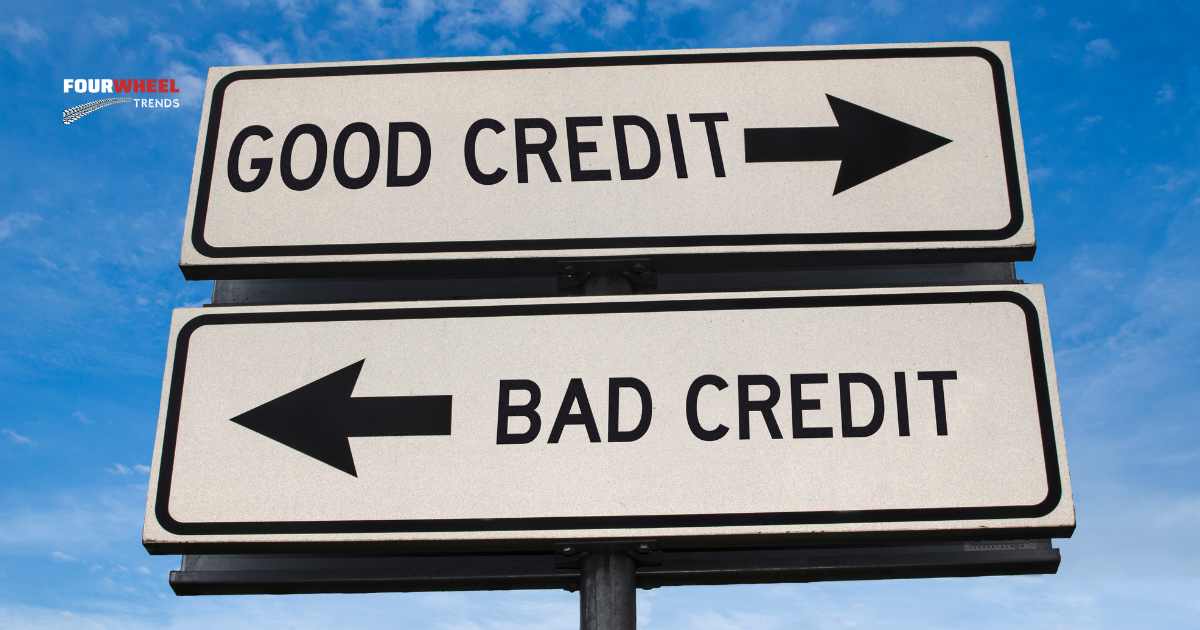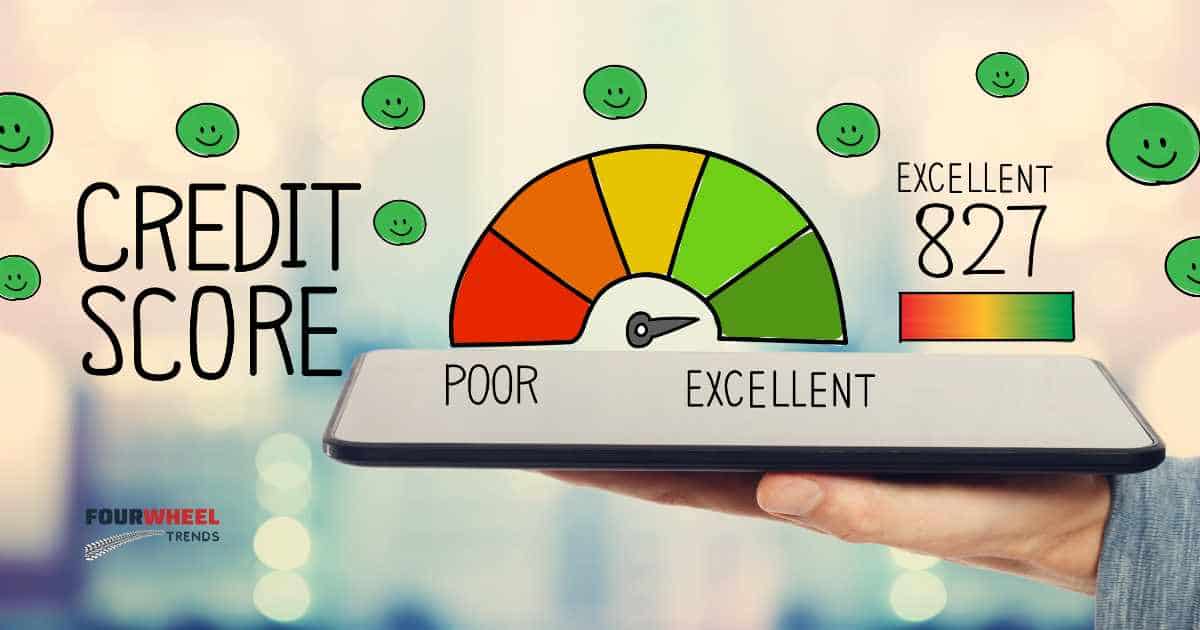Does Buying a Car Help Your Credit? Here’s What You Need to Know
If you’ve ever thought about buying a car and wondered whether it could give your credit score a boost, you’re not alone. The short answer? It can… but it depends on how you finance the car and how you manage your payments.
Let’s break it down.

First, what even is a credit score?
Think of your credit score as your financial reputation. It’s a number, typically between 300 and 850, that tells lenders how reliable you are when it comes to paying back money. The higher your score, the more likely you are to get approved for loans, credit cards, and lower interest rates.
Your score is based on five main things:
- Payment history (Are you paying bills on time?)
- Credit utilization (How much of your available credit are you using?)
- Length of credit history
- New credit inquiries
- Credit mix (Different types of loans or accounts)
Now, how does a car loan fit into this?
A car loan is a type of installment credit
If you take out a car loan, that’s considered installment credit. Meaning you borrow a fixed amount and repay it in regular installments over time. This is different from revolving credit, like credit cards, where the amount you owe can change month to month.
Adding installment credit to your mix can help diversify your credit profile, which can improve your score over time (as long as you’re responsible with it).
How buying a car can help your credit
- Builds a positive payment history
Making your car payments on time, every month, shows lenders you can handle debt. This is one of the biggest factors in your credit score. - Improves your credit mix
If you only have credit cards, adding a car loan adds variety. A healthy credit mix can slightly boost your score. - Shows lenders you’re reliable
A paid-off car loan with a strong payment history is a solid green flag for future lenders, whether you’re applying for another loan or a mortgage down the road.

How buying a car can hurt your credit (at least at first)
It’s not all upside, though. Here are a few things to watch out for:
- Hard inquiry: When a lender checks your credit during the loan process, it creates a hard inquiry. That can drop your score a few points temporarily.
- New debt: A car loan adds to your total debt, which can impact your credit until you show you’re handling it well.
- Missed payments: This one’s big. If you’re late or miss payments, your score will drop—fast. And late payments can stick on your credit report for up to 7 years.
Buying a car outright with cash? That won’t help your credit
If you pay for your car in full with cash, good for you—no interest, no loan. But since there’s no credit involved, it won’t show up on your credit report. That means it won’t help build your credit score, either.
So if your goal is to build credit, financing might actually help—but only if you can manage it responsibly.

Bottom line
Buying a car can help your credit, but it’s not guaranteed. It’s all about how you handle the loan. Make on-time payments, keep your other debts in check, and treat it like a long-term investment in your financial reputation.
And one more thing—before signing anything, know your budget. A shiny new car isn’t worth crushing debt or a wrecked credit score. The car should help you get where you’re going, not hold you back.
Got more credit questions? Or wondering how your credit score stacks up before you apply? Always a good idea to check in with your credit report first. And if you’re not sure how much car you can afford, start there before shopping.
Related Reading: Is Buying a New Car Tax Deductible in 2025?
